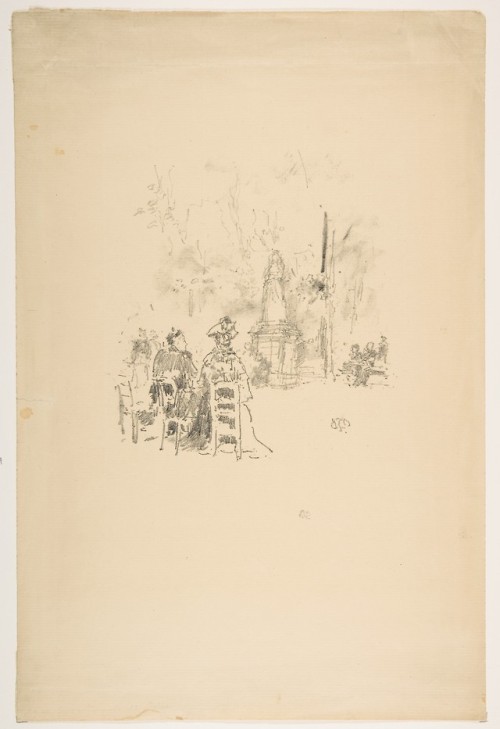 |
| Ernest Martin Hennings,Taos Indian homeward bound, 1920. |
domingo, 30 de setembro de 2018
domingo, 23 de setembro de 2018
domingo, 16 de setembro de 2018
domingo, 9 de setembro de 2018
segunda-feira, 3 de setembro de 2018
domingo, 2 de setembro de 2018
sábado, 1 de setembro de 2018
It looked just the way it should
I remember the book itself—it looked just the way it should, having come down through a couple of generations. It was missing its tide page and cover, the pages had frayed edges and bore the yellowed prints of many fingers; it held a dried violet, a fly flattened over time, sums done in the margins and doodles executed in crayon by some child I didn’t know.
Wislawa Szymborska, Nonrequired Reading: Prose Pieces.
domingo, 26 de agosto de 2018
quarta-feira, 22 de agosto de 2018
To bring about justice
Crucially, in calling conscience ‘unpolitical’, Arendt does not mean that it is useless. In fact, she believed that the voice of conscience was often vitally important. In her book Eichmann in Jerusalem (1963), for example, she argues that it was the Nazi officer Adolf Eichmann’s lack of ethical introspection that enabled his participation in the unimaginable evils of the Holocaust. Arendt knew from the experience of Fascism that conscience could prevent subjects from actively advancing profound injustice, but she saw that as a kind of moral bare minimum. The rules of conscience, she argues, ‘do not say what to do; they say what not to do’. In other words: personal conscience can sometimes prevent us from aiding and abetting evil but it does not require us to undertake positive political action to bring about justice.
Katie Fitzpatrick, Change the world, not yourself.
domingo, 19 de agosto de 2018
sábado, 18 de agosto de 2018
Finais Felizes
Andersen had the courage to write stories with unhappy endings. He didn’t believe that you should try to be good because it pays (as today’s moral tales insistently advertise, though it doesn’t necessarily turn out that way in real life), but because evil stems from intellectual and emotional stuntedness and is the one form of poverty that should be shunned. And it’s funny, it’s just plain funny!
Wislawa Szymborska, Nonrequired Reading: Prose Pieces.
segunda-feira, 13 de agosto de 2018
The sociality of the conflict
It may be that sheer scale endangers the high ideals of having open platforms, and that a historically unprecedented inundation of speech warps the overall experience of communication in ways that we are not suited to handle. “When the human condition was marked by hunger and famine, it made perfect sense to crave condensed calories and salt,” Zeynep Tufekci writes in Wired. “Now we live in a food glut environment, and we have few genetic, cultural, or psychological defenses against this novel threat to our health. Similarly, we have few defenses against these novel and potent threats to the ideals of democratic speech, even as we drown in more speech than ever.”
A platform is worthless without users posting on it. Facebook, Twitter and others have recently taken significant hits to their stock price on revelations of slowed user growth. Users create the value on which these platforms’ stock prices are based, and users bear the costs of the toxicity on those platforms.
The crisis social media users contend with stems from an outdated fantasy about how people want to use these platforms, and how people behave more generally: solipsistically self-interested, infinitely rational, and divorced from any larger movement or context. Recognizing the sociality of the conflict is the first step toward making these spaces healthier for good faith discourse. Such a shift would require platforms to surrender their neutral pose. With billions of users at stake, social media companies are loath to make major changes to their foundations, but if they don’t, they risk watching whole structures crumble under their own weight.
Adam Clair, War of words.





